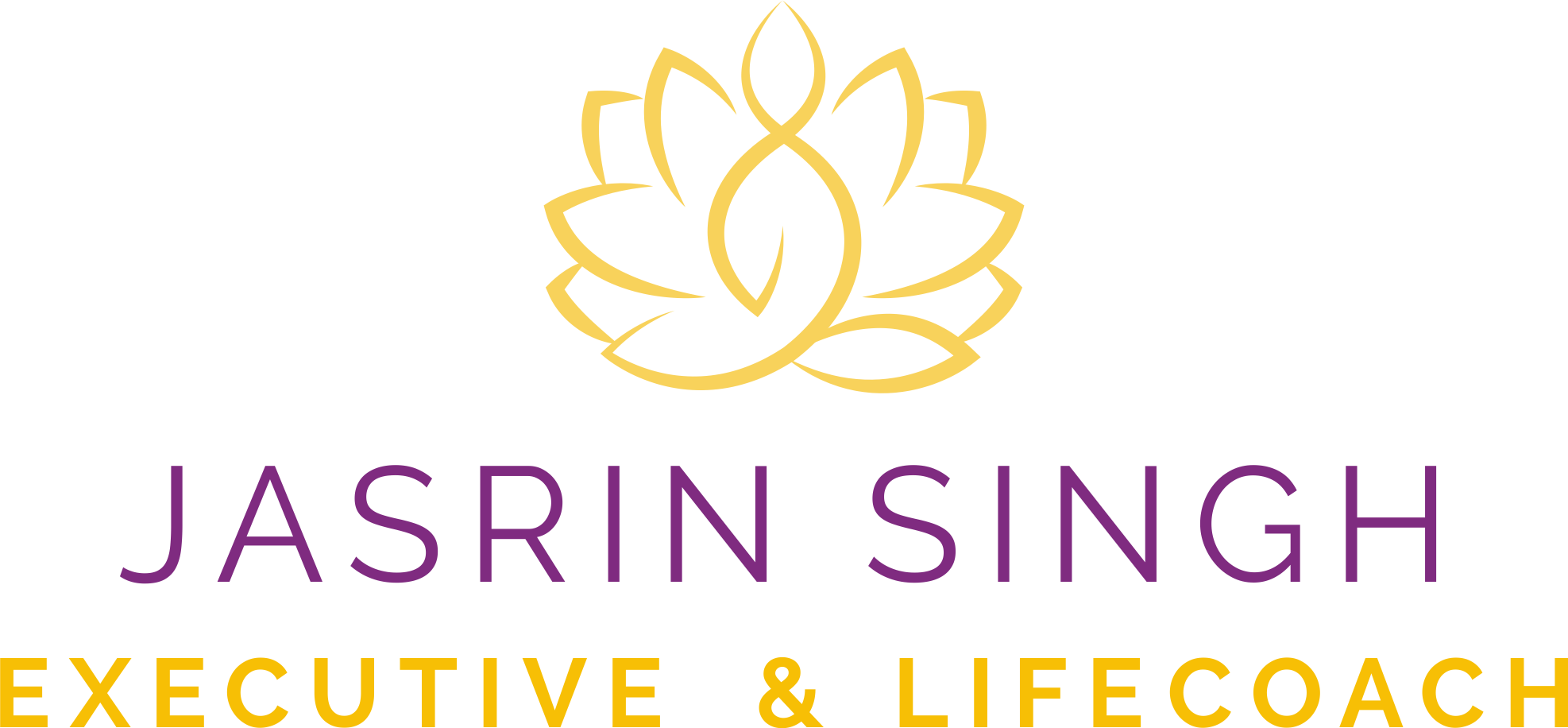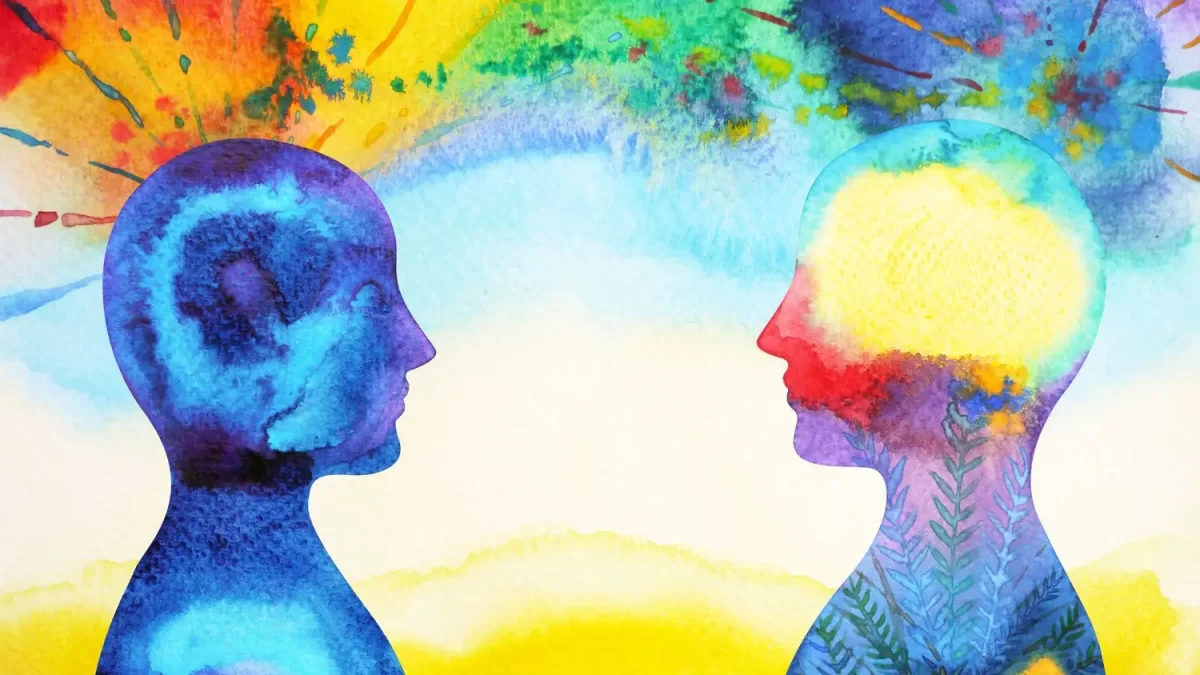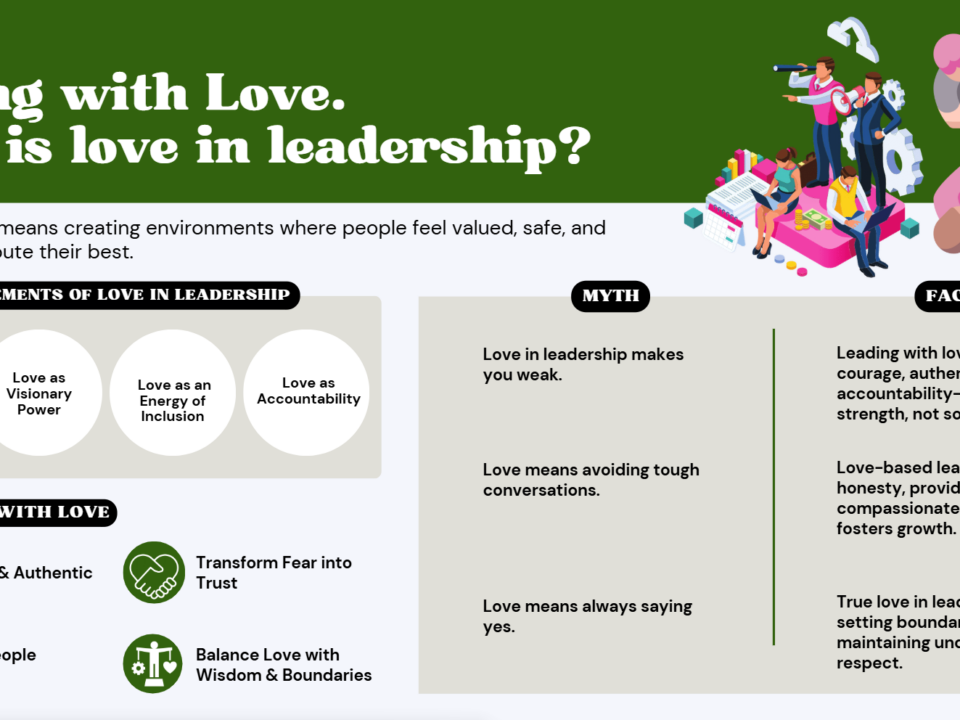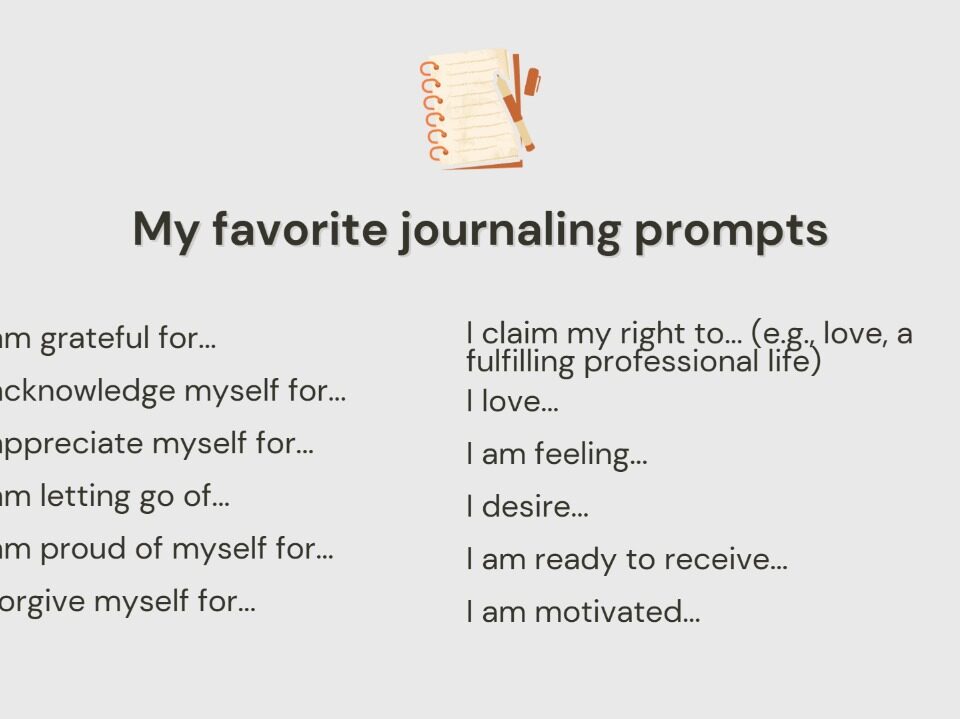
The Power of Language: How Our Words Shape Our Brain, Body, and Emotions
May 29, 2024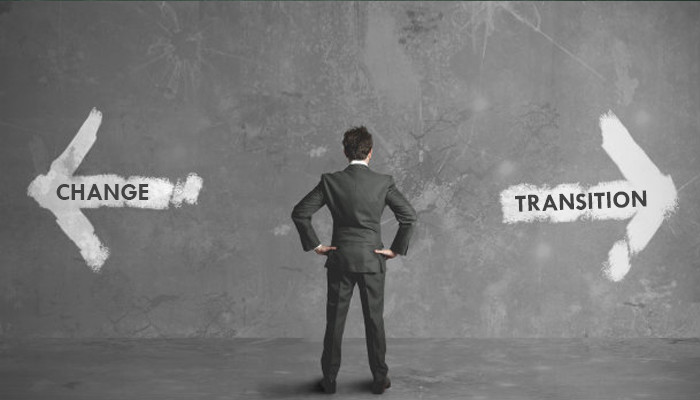
The Difference Between Change and Transition
June 21, 2024Body language does more than just communicate our feelings to others—it also shapes how we feel about ourselves. This dynamic interplay between our physical expressions and our mental state is a fundamental aspect of human communication. Understanding this relationship can empower us to harness our body language to enhance our psychological well-being and influence those around us positively.
How Physiology Influences Psychology
Our body language—posture, gestures, and facial expressions—doesn’t just broadcast our current emotional state; it can also transform it. Studies in the field of embodied cognition suggest that adopting powerful, confident poses can boost feelings of self-assurance and decrease stress. This phenomenon, often referred to as the “feedback effect,” illustrates how physical expressions can cue emotional responses. For instance, merely smiling can trigger feelings of happiness, while standing tall can foster a sense of strength and confidence.
The Reverse Effect: How Psychology Impacts Physiology
Just as our physical state can influence our emotions, our psychological state affects our physical demeanor. When we feel confident, our body language tends to open up—we stand taller, speak louder, and use more assertive gestures. Conversely, when we feel doubtful or fearful, our bodies might close off—we cross our arms, lower our gaze, or shrink our posture. By becoming aware of these patterns, we can begin to consciously adjust our body language to reflect a more positive and confident mindset.
Harnessing the Cycle for Personal Growth
Understanding the cyclical relationship between our body and mind offers a powerful tool for personal development. By intentionally adjusting our body language, we can influence our mental state, enhancing our emotional well-being and the perception others have of us. Here are a few strategies to start leveraging this connection:
- Practice Power Poses: Spend a few minutes each day standing in a posture of confidence—hands on hips, feet spread wide, shoulders back. This can help reduce stress and increase feelings of confidence.
- Mind Your Facial Expressions: Try to maintain a neutral or positive facial expression, especially in stressful situations. This can not only help manage your stress levels but also make you more approachable to others.
- Align Posture with Intent: Before an important meeting or conversation, take a moment to align your posture. Ensure it reflects openness and readiness to engage, which can make the interaction more productive and positive.
Conclusion
The link between our physiology and psychology is profound. By mastering our body language, we can effectively influence both our own mental state and how others perceive and react to us. This understanding not only enhances personal interactions but also boosts our overall psychological health, leading to a more fulfilled and balanced life.
